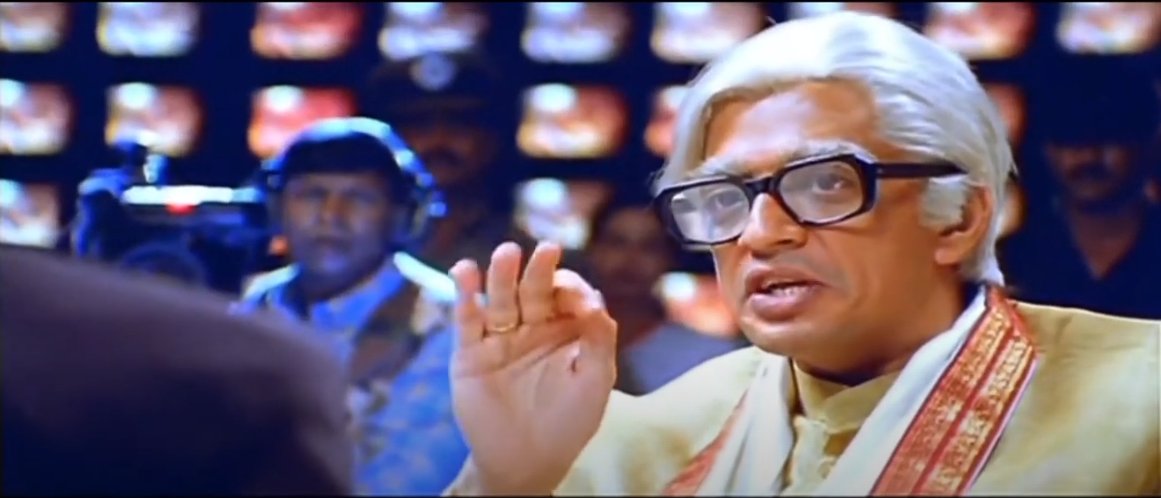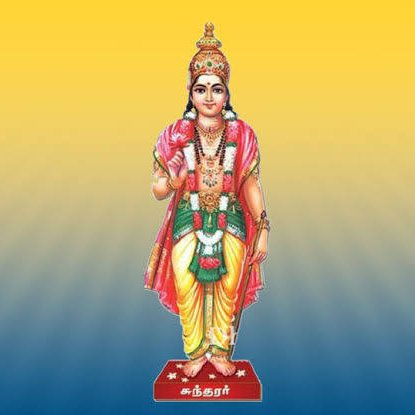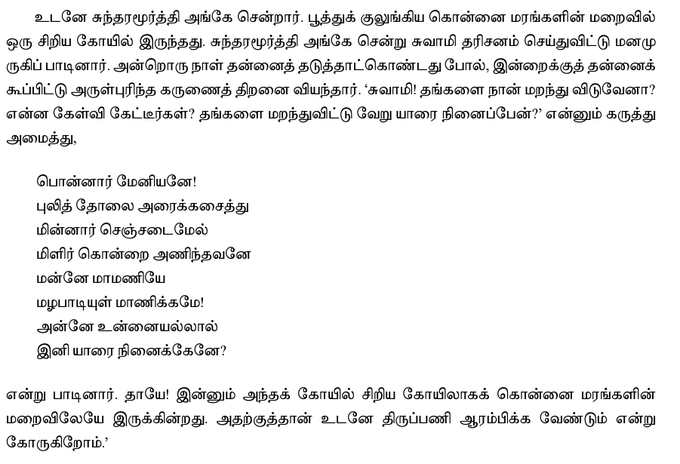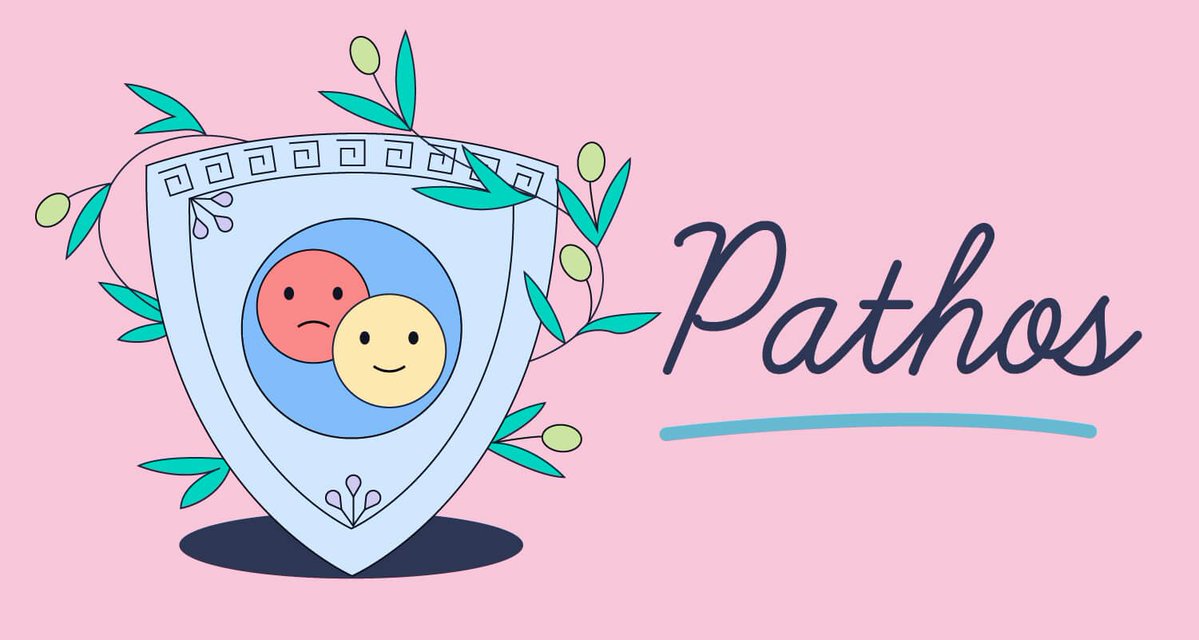Thirukural is smartly used in these 5 films to either further the story or to explain the film's core theme or to foreshadow what is coming.
Tamil Cinema & Thirukural: a short thread.
#Thirukural
Tamil Cinema & Thirukural: a short thread.
#Thirukural

1. Mudhalvan (1999)
In the iconic interview scene from this film, the CM is cornered by the interviewer with facts.
To save his dignity, the CM challenges the interviewer to take up his job for one day.
The hero panics at this unexpected twist.
The CM then utters Kural 691.

In the iconic interview scene from this film, the CM is cornered by the interviewer with facts.
To save his dignity, the CM challenges the interviewer to take up his job for one day.
The hero panics at this unexpected twist.
The CM then utters Kural 691.


"With fire,
Go too far & it doesn't warm you.
Come too close & it might burn you.
So, keep a safe distance with fire and kings"
- Kural 691
The interviewer had come too close to fire & is now facing the wrath of the king (CM).
An apt usage by dialogue writer Sujatha.
Go too far & it doesn't warm you.
Come too close & it might burn you.
So, keep a safe distance with fire and kings"
- Kural 691
The interviewer had come too close to fire & is now facing the wrath of the king (CM).
An apt usage by dialogue writer Sujatha.

2. Super Deluxe (2019)
This hyperlink film uses Thirukural in a subtle way.
In the lift scene with Fahadh and Samantha,
the husband is furious with his wife's adultery.
Power goes off in the lift and Samantha reassures Fahadh that it would be back soon.

This hyperlink film uses Thirukural in a subtle way.
In the lift scene with Fahadh and Samantha,
the husband is furious with his wife's adultery.
Power goes off in the lift and Samantha reassures Fahadh that it would be back soon.


Fahadh insultingly asks her: "Are you a pathini (faithful) for power to come back if you say so?"
But it is back the next second!
This is adapted from Kural:55:
"If a devout wife says "let it rain," it will rain."
Samantha's faithfulness in the climax is foreshadowed here!
But it is back the next second!
This is adapted from Kural:55:
"If a devout wife says "let it rain," it will rain."
Samantha's faithfulness in the climax is foreshadowed here!

3. Ghilli (2004)
Thalapathy wants to secretly go to Madurai for his Kabbadi semis.
He uses Kural 314 to convince his mom to attend a relative's function.
If not for this Kural, Thalapathy would not have met Dhanalakshmi / Muthupandi to give us the blockbuster of the decade.


Thalapathy wants to secretly go to Madurai for his Kabbadi semis.
He uses Kural 314 to convince his mom to attend a relative's function.
If not for this Kural, Thalapathy would not have met Dhanalakshmi / Muthupandi to give us the blockbuster of the decade.



4. Ko (2011)
Two journalists hide the truth about the CM's character to save an otherwise well qualified government.
In fact, they blatantly lie & report him as a martyr instead of an opportunist. All for the greater good.
This is justified using Kural 292 in the end card.



Two journalists hide the truth about the CM's character to save an otherwise well qualified government.
In fact, they blatantly lie & report him as a martyr instead of an opportunist. All for the greater good.
This is justified using Kural 292 in the end card.




"Even falsehood has the nature of truth, if it can confer a benefit that is free from fault."
- Kural 292
Both the journalists are reinstated, their resignations aren't accepted, as their choice to lie is defended by Thiruvalluvar himself.
- Kural 292
Both the journalists are reinstated, their resignations aren't accepted, as their choice to lie is defended by Thiruvalluvar himself.

5. VTV (2010)
This film uses 3 Kurals in the song Mannipaaya and one of it summarises the core theme of the film.
The Kural 1259 states:
"My pride filled mind wanted to quarrel with him.
But the moment I saw him, my heart decided to embrace him instead."
This film uses 3 Kurals in the song Mannipaaya and one of it summarises the core theme of the film.
The Kural 1259 states:
"My pride filled mind wanted to quarrel with him.
But the moment I saw him, my heart decided to embrace him instead."

This Kural states Jessie's psyche precisely in 7 words.
Jessie has an internal conflict - fighting constant battles between her mind & her heart.
Her mind says "This will never work out, I should stop it" but her heart falls in love despite all this!
The film's core theme!
Jessie has an internal conflict - fighting constant battles between her mind & her heart.
Her mind says "This will never work out, I should stop it" but her heart falls in love despite all this!
The film's core theme!

Bonus: "Iru Dhuruvam" series in SonyLiv uses Thirukural as a plot device.
This is a cat & mouse game between a psychô and a cop.
The psychô drops in Thirukural clues after every murdër he commits.
Each relating to eyes, ears, smell, mouth etc.
Watch the show to find out more.



This is a cat & mouse game between a psychô and a cop.
The psychô drops in Thirukural clues after every murdër he commits.
Each relating to eyes, ears, smell, mouth etc.
Watch the show to find out more.




Thirukural from 2000 years ago is relevant till date.
Smart film makers use it for its literary merit.
What other films have you seen Thirukural being aptly used?
Drop in your comments.
If you liked this content, follow @labstamil for more!
Smart film makers use it for its literary merit.
What other films have you seen Thirukural being aptly used?
Drop in your comments.
If you liked this content, follow @labstamil for more!
RT the first tweet in the thread to spread the word.
May the love for Thirukural increase!
Link:
May the love for Thirukural increase!
Link:
https://twitter.com/labstamil/status/1593871724251971586?s=20&t=LrmOa4S6THmJnj2VV_9Pwg
• • •
Missing some Tweet in this thread? You can try to
force a refresh





















